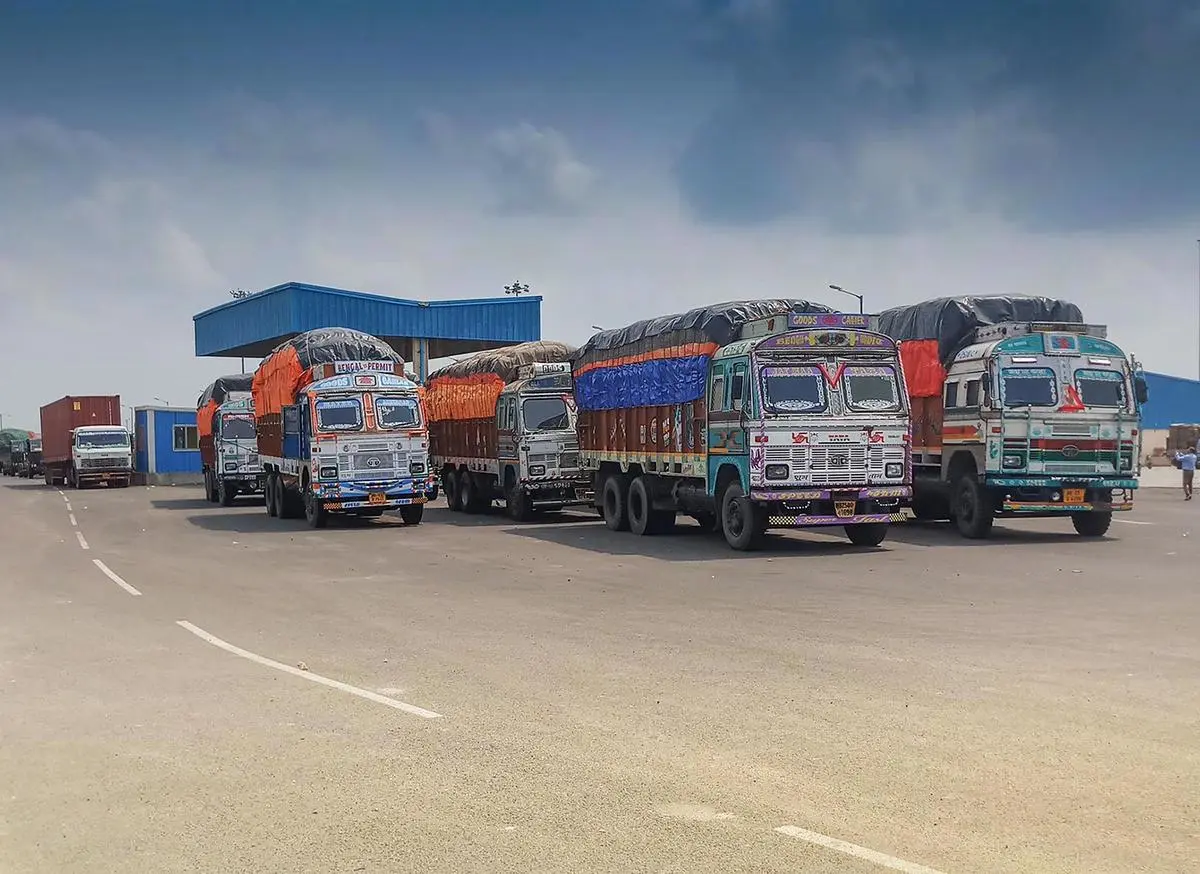India Imposes New Import Restrictions on Bangladesh, Impacting $770 Million in Goods
In a significant move affecting bilateral trade, India has imposed new restrictions on imports from Bangladesh through land ports, targeting goods worth approximately $770 million. The restrictions, notified by India’s Directorate General of Foreign Trade (DGFT) on May 17, 2025, limit the entry of key Bangladeshi products-including readymade garments, processed foods, plastic items, and wooden furniture-through land routes. Instead, these goods can now only be imported via select seaports such as Kolkata and Nhava Sheva.
Bangladesh’s readymade garments, valued at around $618 million annually, are among the most affected categories, as the new policy effectively cuts off access through previously vital land trade corridors, particularly impacting exports through northeastern states and West Bengal land customs stations. Other products facing similar restrictions include fruit-flavored and carbonated drinks, cotton and cotton yarn waste, and certain processed food items.
This development comes amid escalating trade tensions between the two neighbors. Since late 2024, Bangladesh has introduced a series of trade barriers on Indian exports, including bans on Indian yarn imports through key land ports, stricter controls on rice shipments, and levying transit fees on Indian goods passing through Bangladesh. Indian officials view these measures as discriminatory and have urged Bangladesh to create a more reciprocal trade environment.
The restrictions also reflect broader geopolitical shifts. Bangladesh’s interim chief adviser Muhammad Yunus’s visit to China in March 2025 resulted in $2.1 billion in investments and cooperation agreements, signaling Dhaka’s growing diplomatic ties with Beijing. Some remarks by Yunus about India’s northeastern states being landlocked and reliant on Bangladesh for sea access were perceived by Indian authorities as provocative, further straining relations.
Indian textile manufacturers have long expressed concerns about an uneven playing field, citing Bangladeshi firms’ advantages from duty-free Chinese fabric imports and export subsidies, which give them a 10-15% pricing edge in the Indian market. The new port restrictions are expected to increase logistics costs for Bangladeshi exporters, potentially affecting their competitiveness.
While India maintains that it remains open to dialogue, officials emphasize that Bangladesh cannot selectively impose trade barriers while expecting unfettered access to the Indian market. The recent measures mark a strategic recalibration of trade policy amid evolving regional dynamics.

Comments
Post a Comment